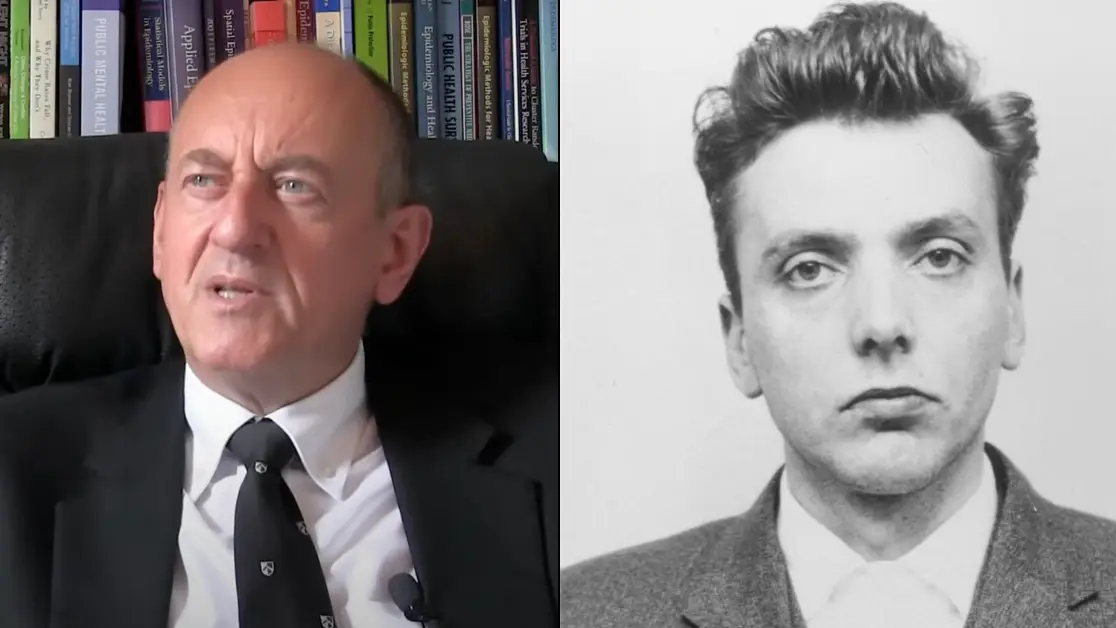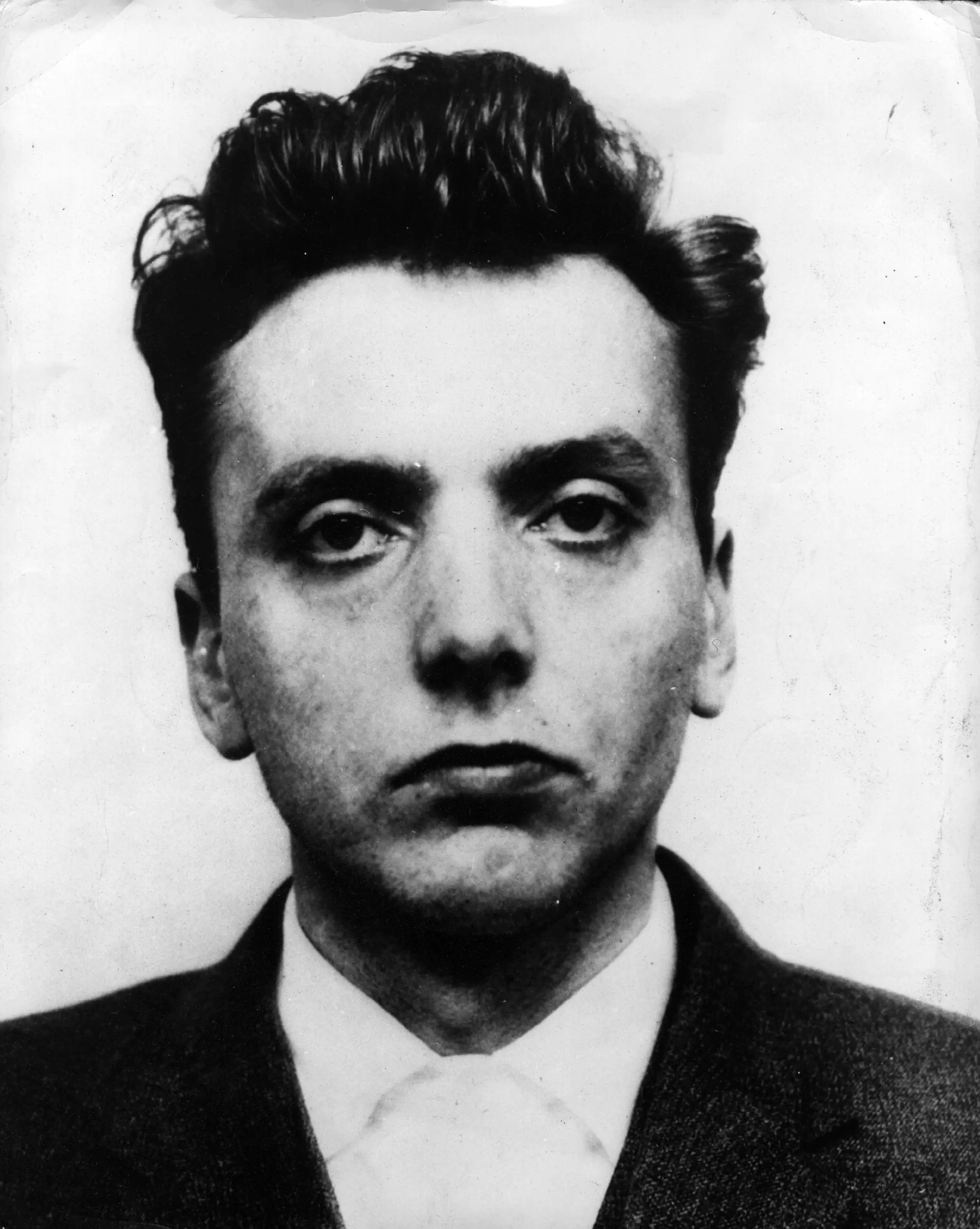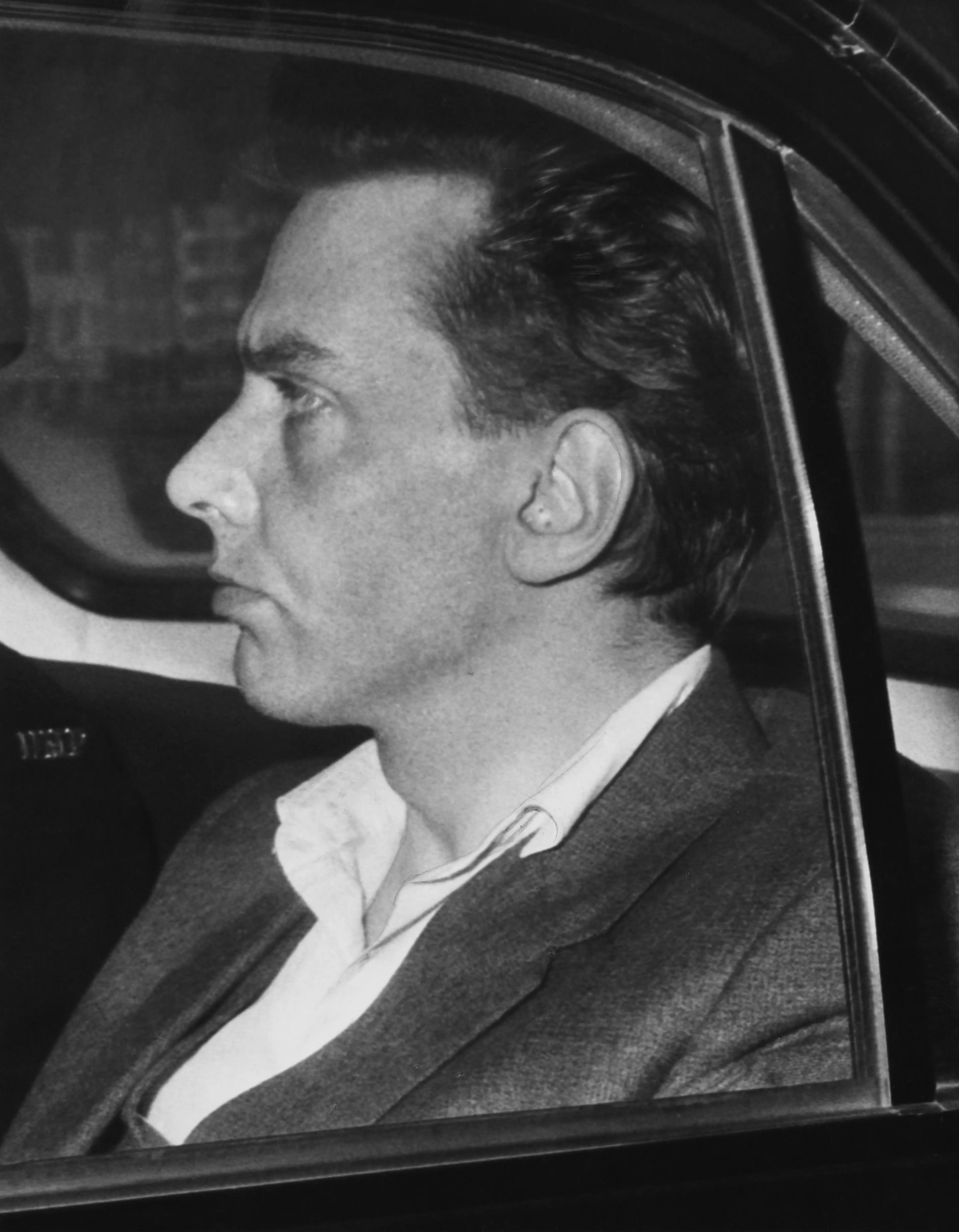
An expert who once interviewed one of Britain's most notorious serial killers spoke about what it was like meeting him and how it felt to be sat in front of such a heinous murderer.
Ian Brady and Myra Hindley were known as the 'Moors Murderers', who between 1963 and 1965 murdered five children and buried their bodies on Saddleworth Moor.
Both of them are now dead - Hindley in 2002 and Brady in 2017 - with Brady previously being diagnosed as a psychopath in 1985.
In 2003, Professor Jeremy Coid had met Brady at Ashworth Hospital, a high security psychiatric institution, where they spoke at length.
Advert
Years later, Professor Coid recounted his experience of what it was like to meet Brady to filmmaker Thomas Gardner as part of the documentary Ian Brady: From Method to Madness.

Describing their first meeting, the professor said he found Brady to be 'quite pleasant and courteous' when they first met, but that soon changed.
"He certainly had a particular demeanour. What happened during the interview was it became clear it was very difficult to interrupt him," Professor Coid recounted.
"This is a man who is so self-centred that he did not want to do anything but to talk about himself and about his feelings for others, his negative feelings towards others.
"It was quite a difficult interview in that sense."
He said he believed that he didn't matter very much to Brady and spoke more about his own reaction to meeting the serial killer.
He said: "I think if I'm honest it would be my reaction to him, my internal reaction, it's difficult to explain this because it's a professional matter.

"If you're an experienced forensic psychiatrist it's important to be aware of how your patients, your clients, make you feel towards them.
"He didn't make me afraid at all, but he produced in me a profoundly negative feeling, a feeling of personal dislike of him which grew and grew as the interview went on."
He explained that as they spoke he believed that Brady was 'doing something to me' and felt it was clear that the serial killer was 'attempting to control me throughout the interview as much as he could'.
Saying he was 'very struck' by the difference between Brady and other murderers he had met, he said that other murders 'have not managed to produce such a negative reaction in me' when they spoke.
When a psychiatrist was sent to speak to another of Britain's most notorious murderers, Robert Maudsley, he came away recommending that the killer should be released and work to pay compensation to the families of the people he had murdered.